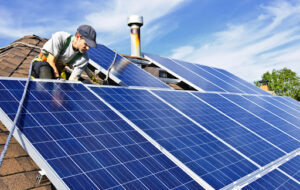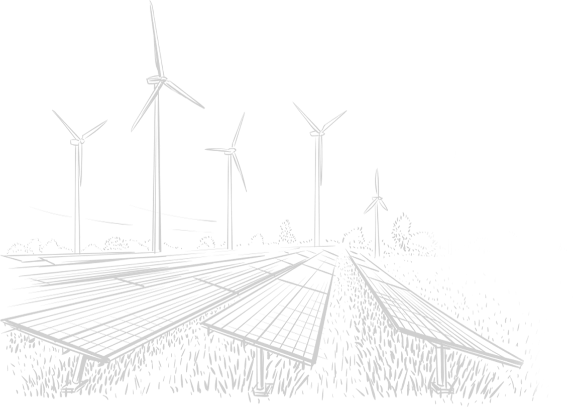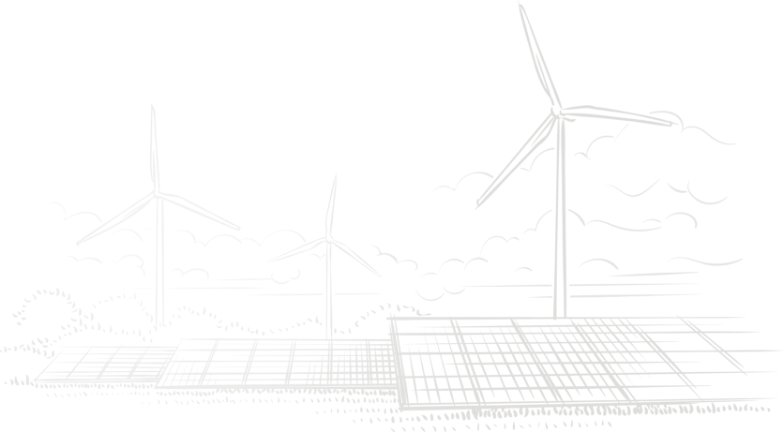Photovoltaic power generation makes an important contribution to the energy transition. When we summarize the purchase of photovoltaic systems, we find that a carefully planned photovoltaic system is not only beneficial to the environment, but most importantly, can save users a lot of money.
PV is worthwhile in any case

No matter the situation, investing in a photovoltaic system is worthwhile. Photovoltaic systems provide clean, renewable energy that helps reduce dependence on fossil fuels and mitigate environmental impact. Solar energy is abundant and free, making it a reliable and sustainable power generation option. Photovoltaic systems can significantly reduce electricity bills over their lifetime and provide investors with long-term financial returns. Installing a photovoltaic system can also increase energy independence and resilience, especially in the event of a power outage or emergency. Regardless of environmental, economic or practical benefits, investing in a photovoltaic system is a wise choice.
The more electricity consumed by photovoltaics, the faster the system pays for itself
The more electricity consumed by a photovoltaic (PV) power generation system, the faster it will recoup its costs. This is because the main expenses associated with a PV system are installation and maintenance costs, which are fixed regardless of the amount of electricity generated. Therefore, when a PV system generates more electricity, it can recoup its investment costs more quickly through savings on electricity bills and potential subsidies or tax incentives. Additionally, higher electricity consumption often indicates greater self-sufficiency, reducing reliance on traditional energy sources and further enhancing the economic and environmental viability of the system.

What factors should be considered when sizing a photovoltaic system?
1、Energy Demand: Assess the energy requirements of the household or business, including average daily, weekly, or monthly electricity consumption and usage patterns. This helps determine the required capacity and scale of the PV system.
2、Installation Location and Sunlight Conditions: The efficiency and output of a PV system are influenced by its installation location and sunlight conditions. Therefore, it’s important to select a suitable location with adequate sunlight exposure to maximize the system’s electricity generation.
3、Budget and Return on Investment (ROI): Consider the budget for installing a PV system and assess its ROI. This includes installation costs, maintenance expenses, savings on electricity bills, and potential government subsidies or tax incentives.
4、Legal and Regulatory Requirements: Understand local laws and regulations, including permit applications, building codes, and safety requirements, to ensure compliance and safety of the system.
5、Installation Space and System Layout: Take into account the size and layout of the installation space to determine the number and arrangement of PV panels, as well as the required mounting and support structures.
Focus on quality when investing in photovoltaic systems
1、Quality of PV Components: Choose a system with high-quality PV components, including efficient solar panels and durable mounting structures. High-quality PV components typically offer higher conversion efficiency and longer lifespans, providing stable and reliable power generation performance.
2、Inverter Quality: The inverter is a critical component of a PV system, responsible for converting solar DC energy into usable AC electricity. Hence, opt for reputable inverter brands and models to ensure quality and stable performance, enhancing system reliability and power generation efficiency.
3、Installation Quality: In addition to PV components and inverters, installation quality is also essential. Ensure that the system installation complies with relevant standards and specifications, using high-quality installation materials and techniques to ensure long-term stable operation and maximize system performance.
4、Supplier Reputation and After-Sales Service: Choose reputable suppliers and installation companies that offer high-quality after-sales service and support. Experienced suppliers and installation teams can provide professional consultation, design, and installation services, promptly addressing any issues that may arise during system operation to safeguard investor interests and system stability.
Investors should prioritize quality when selecting a PV system, choosing high-quality PV components and inverters, ensuring installation quality, and selecting reputable suppliers and installation companies to ensure the long-term stable operation and expected power generation benefits of the system.
Purchasing a photovoltaic system is an important decision as you need to assess your energy needs, understand your daily electricity usage and usage patterns, and determine the size and capacity of the system you require. Choose high-quality and reliable photovoltaic modules and inverter brands to ensure the stability and reliability of the system. Choose an experienced and reputable installation company to ensure proper system design and installation to maximize power generation and system life. Leverage government incentives and subsidies to reduce photovoltaic system costs and achieve economic benefits within the payback period.




